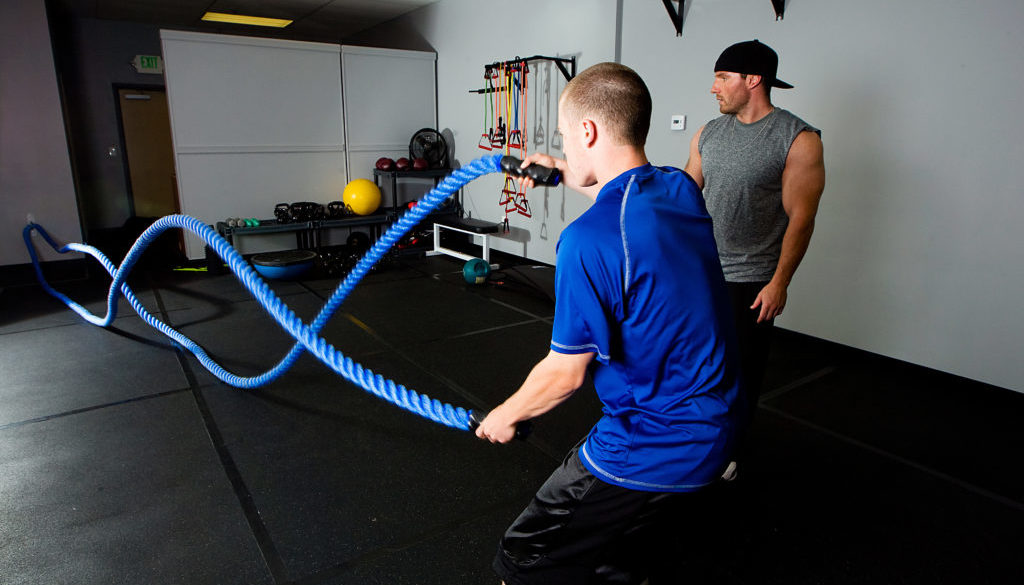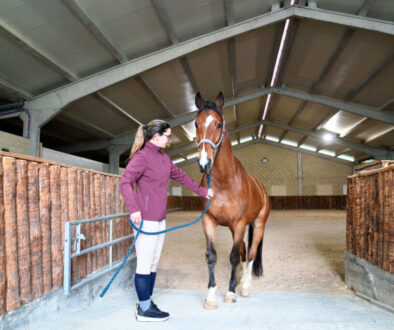Sports Facility Trainer Series (Part 1): Evaluating and Hiring Trainers for Your Sports Facility
What separates your sports facility from your competitors is one thing – your trainers. They are the backbone of every program and revenue channel in your facility. They build relationships and gain the trust of your athletes to help them reach their goals. With that in mind, evaluating and hiring trainers for your sports facility is vital to success.
Hiring trainers is different from any other interview process. Here are a few things to consider and prepare for once you are ready to add to your staff.
Pay
There are a few options to consider when paying your trainers. Your potential hires might have preferences or situations that make the decision for you. But, it is ultimately your choice to make.
Salary
For team-based facilities or those with consistent programming (e.g. strength program, speed classes, etc.), salary is the best option. As a result, you get a consistent, loyal trainer who doesn’t do lessons or classes in other facilities and who can be responsible to run your programs. However, this option creates extra administrative work such as taxes, benefits, and other HR issues.
Independent Contractor
For most facilities, independent contracting is easiest. It offers freedom for both the trainer and the facility. Trainers will oversee their own finances, don’t require as many HR needs, and have the freedom to handle their own scheduling and client relationships.
Read more Best Practices for Instructor Pay here.
Evaluation
To find the best trainers, an intensive, non-traditional interview process is crucial for proper evaluation. Here are the two things to consider, and how to determine if the trainer fits your needs.
Teaching Ability
To assess teaching ability, potential trainers must get a chance to teach. Many facility owners are hesitant to do this at the risk of lessening the quality of that class or lesson. After all, it is necessary to protect the quality of instruction. There are a few routes you can take.
- Group Classes/Lessons – Being able to command a room is essential for group classes and lessons. So, a trainer must prove that they are able. The best way to do this is to have a potential trainer observe various classes. Then, have them run a few classes under the supervision of an experienced trainer.
- Private Lessons – Testing teaching ability in one-on-one instruction can be trickier. The key is to first find a trusted client or friend of the facility that can be your guinea pig. Secondly, have them complete a lesson with the potential trainer and provide feedback.
Their performance in one or both lesson settings will give you an idea of their fit for the role. Keep in mind – some trainers are built for one-on-one. The best can give individual training and command a room in a group. Keep reading to find out why.
Trainer Value
Finally, you need to determine the value of the trainer. Do they have a developed book of business? Do they offer a new service? Are they able to teach varied classes and lessons?
Here’s one that has a huge advantage. Can they build out a program that draws in more athletes? In short, does the trainer specialize in catching, pitching, etc.? Can they build out a position-specific program with group lessons, private lessons, and class packages with appeal? This is highly valuable! What’s more, this might lead to a different pay style referred to as a “percentage-based style,” in which this trainer takes a percentage of the profit from the program.
To completely optimize your sports facility management, trainers are huge factors in the successful operations of the facility. To that end, stay tuned for the next part of the Sports Facility Trainer Series focused on developing and motivating instructors.
Find out how to spend more time evaluating and hiring trainers with sports facility management software so you can secure the best team for your facility. Schedule a demo here.



